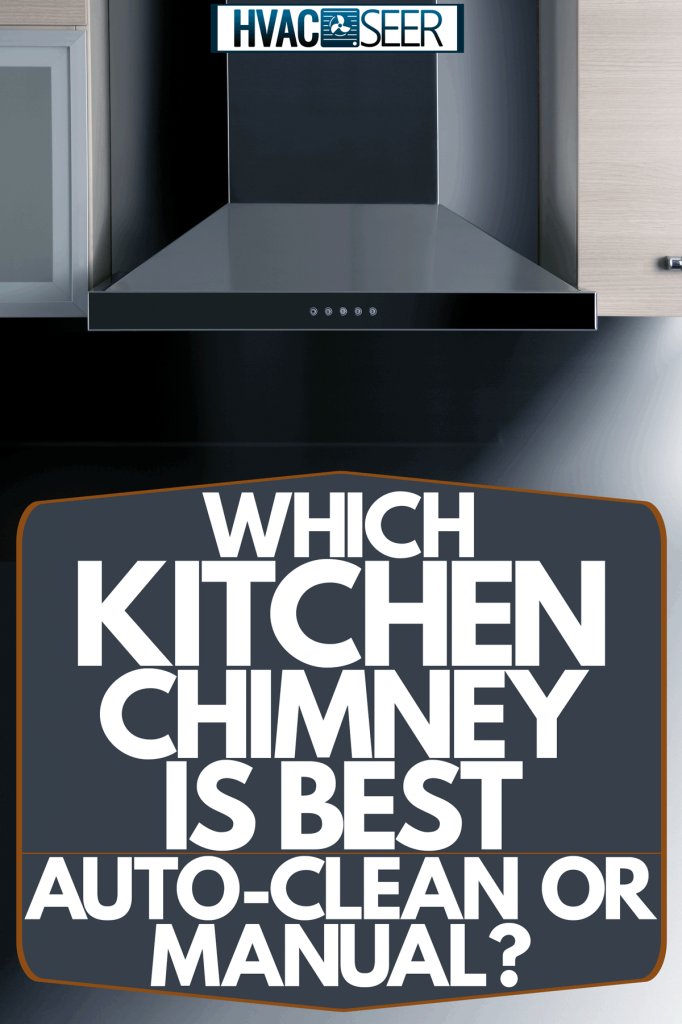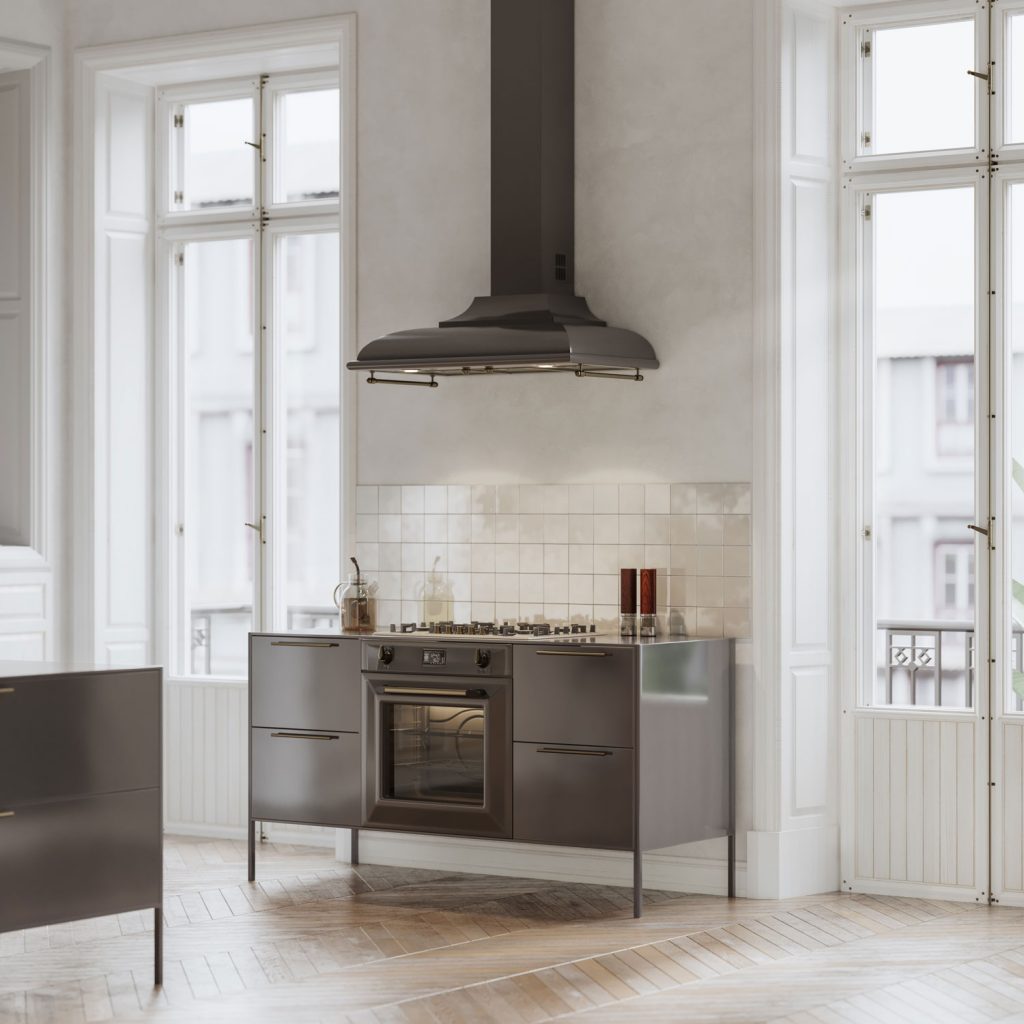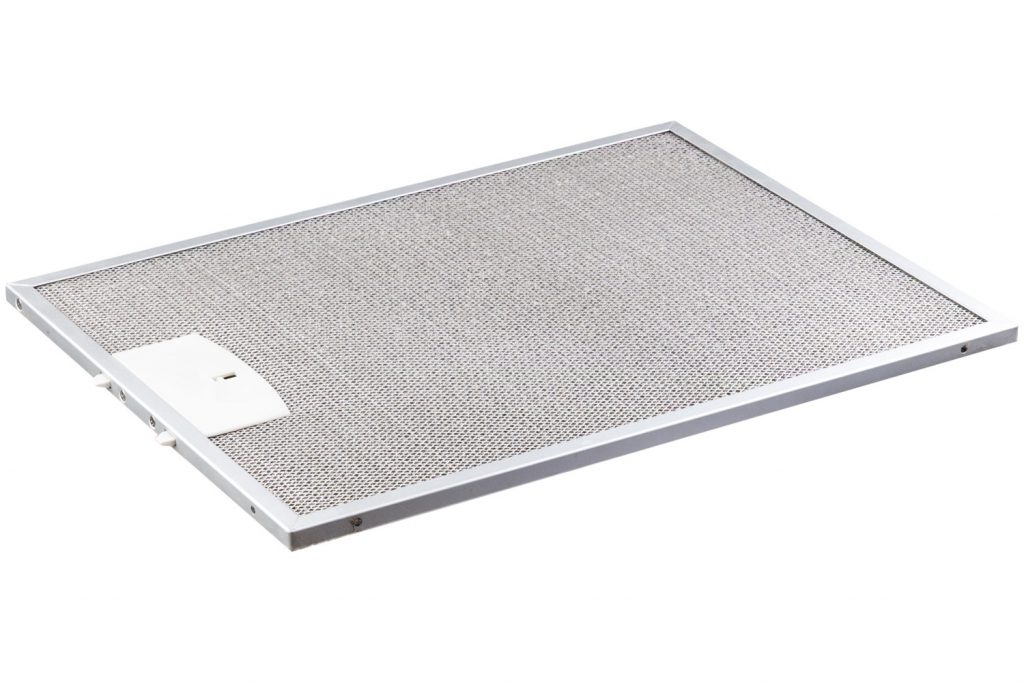Do you find yourself always in the kitchen and in need of a kitchen chimney? Are you not sure which way to go between an auto-clean or a manual one? Question this no more! After looking into it extensively, there is a definite answer that will qualm your pondering.
Simply put, an auto-clean kitchen chimney is better than a manual one. Ultimately, the auto-clean option saves time, is more reliable, and will last longer with less maintenance. This does not mean no maintenance, but compared to a manual kitchen chimney, an auto-clean one is less work and better for the long run.
Ultimately, that is the simple, straightforward answer. So continue reading to learn more about why an auto-clean kitchen chimney is the best option. You'll gain more reasons as to why this is the way to go. Also, you'll learn how to safely maintain this type of kitchen chimney.

Auto-Clean Kitchen Chimney

Let's get right into it. At the core of this decision, there are many factors to consider when it comes to what type of kitchen chimney to purchase. Price, reliability, lifespan, and functionality are all things to consider when shopping for kitchen appliances. After looking into all of these, the auto-clean chimney came out as the better option for homeowners.
Now, we're sure you're thinking that an auto-clean kitchen chimney must be more expensive than a manual one. You would be right. Upfront, an auto-clean chimney is more expansive than a manual one, but you'll save in the long run. Over time, a manual chimney will need more repairs that will add up. We'll get more into that below when talking about maintenance.
So, paying a little more at the beginning might not seem ideal, but you'll be thankful when you run into fewer issues throughout the years that require fixing. Now, you may be wondering what issues may arise and why it is easier to avoid with an auto-clean chimney. Hint: the name helps.
Maintenance Requirements
With an auto-clean kitchen chimney, it comes equipped with an oil collector. This helps trap the oil and stops it from getting into the chimney. Since the manual kitchen chimney lacks one of these filters, oil is able to get into the frame. This can end up damaging parts of the chimney if not cleaned properly.
This segues perfectly into talking about maintenance and why an auto-clean chimney is less work and will save you more time. With the already great feature of the oil collector, this chimney also comes equipped with a button for automatic cleaning. You should also clean out the oil collector, which is easily removed, to avoid any build-up. As long as you do this regularly, then there should be no issues. The chimney will last you a while with the right care.
Manual kitchen chimneys, on the other hand, need more care. Because they don't have the oil collector, you need to clean the frame and inside where oil gets in. And let's be honest, sometimes you barely feel like doing the dishes after making dinner. Are you going to remember to clean the chimney? This must be done often, or you could see build-up that causes clogging... and in comes maintenance by a professional. This is where you'd regret not spending $500 to $600 more for an auto-clean kitchen chimney in the first place.
In the end, the auto clean is easier to maintain, more reliable in the long run, and will keep its functionality for a while. The only "downside," if you'd like to call it that, is that it cost more upfront. But you have to think how much you'll be saving in repairs (and time) by going with an auto-clean kitchen chimney.
Which Filter Is Best For A Kitchen Chimney?

First of all, there are three kinds of filters for kitchen chimneys:
- Cassette/Mesh Filter
- Baffle Filter
- Charcoal Filter
Each has its advantages and disadvantages, but when it comes down to it, the baffle filter seems like the best filter to pick. In the end, it is the most efficient and lowest maintenance. A cassette/mesh filter needs to be cleaned once a week, whereas a baffle filter only needs to be cleaned once every three to four weeks. Also, it doesn't lose suction power as it collects oil and grease, which can happen with the cassette filter.
Ultimately, this filter is more expensive. But like the chimney itself, spending more upfront will pay off in the long run. This site breaks it down in a nice chart if you want to see how each stacks up.
What Should You Look For When Buying A Kitchen Chimney?
The big things to look for when you're buying a kitchen chimney are chimney size, design/types, duct, suction power, and filter types. Filters have already been discussed (read above), but the most important of these to first look into is the design/type.
Where your stove is located is going to determine what kind of chimney you're going to get. You can get an island chimney, a wall-mounted one, or a built-in one. From there, the size of the chimney is the next feature that needs to be looked into.
The next section is all about the size of kitchen chimneys and determining what will work best for you, so continue reading to learn the importance of size when it comes to shopping for a kitchen chimney.
How Do You Choose A Kitchen Chimney Size?
When it comes to determining the size of your kitchen chimney, there are a few factors to take into consideration. For instance, the size of your stove, the dimensions you have to work with up top, and the size of the kitchen will impact what size kitchen chimney you should get.
A good rule for thumb is that your kitchen chimney should never be smaller than your stove. This is why figuring out the measurements of your stove is something you should know when shopping around. Now, if you're putting this into a pre-existing kitchen, then you need to know what space above you have to work with. Knowing the dimensions of the range up top is another number to have on file.
Check out this site that goes more in-depth on how to measure and get the numbers you need to determine the size of your kitchen chimney.
Typically, a kitchen chimney comes in two standard sizes: 60cm and 90cm. So, if you have a stove the is 65cm, you're going to want to go with the kitchen chimney that 90cm. Again, you want the chimney to be bigger than the stove.
Does A Kitchen Chimney Reduce Heat?
Yes. One of the main functions of a kitchen chimney is to extract heat. A kitchen chimney also extracts odors and grease from the air. Ultimately, on a scorching hot day, it might not feel like it is reducing heat. But rest assured that it is indeed.
In Closing
Now that you're armed with this information, feel confident in your choice of kitchen chimneys. You have what you need to make the right choice in a kitchen chimney for your space.
Are you also considering other appliances to put in your kitchen, like a ceiling fan? Check out this other article: 5 Good Reasons To Put A Ceiling Fan In Your Kitchen.
Also, if you're unsure about purchasing a kitchen chimney, check out this article about when to use one: When Should You Use A Kitchen Chimney?
